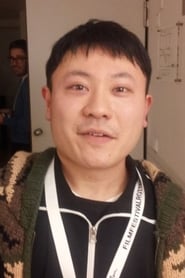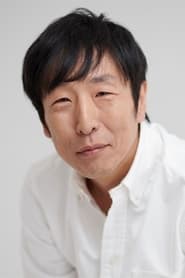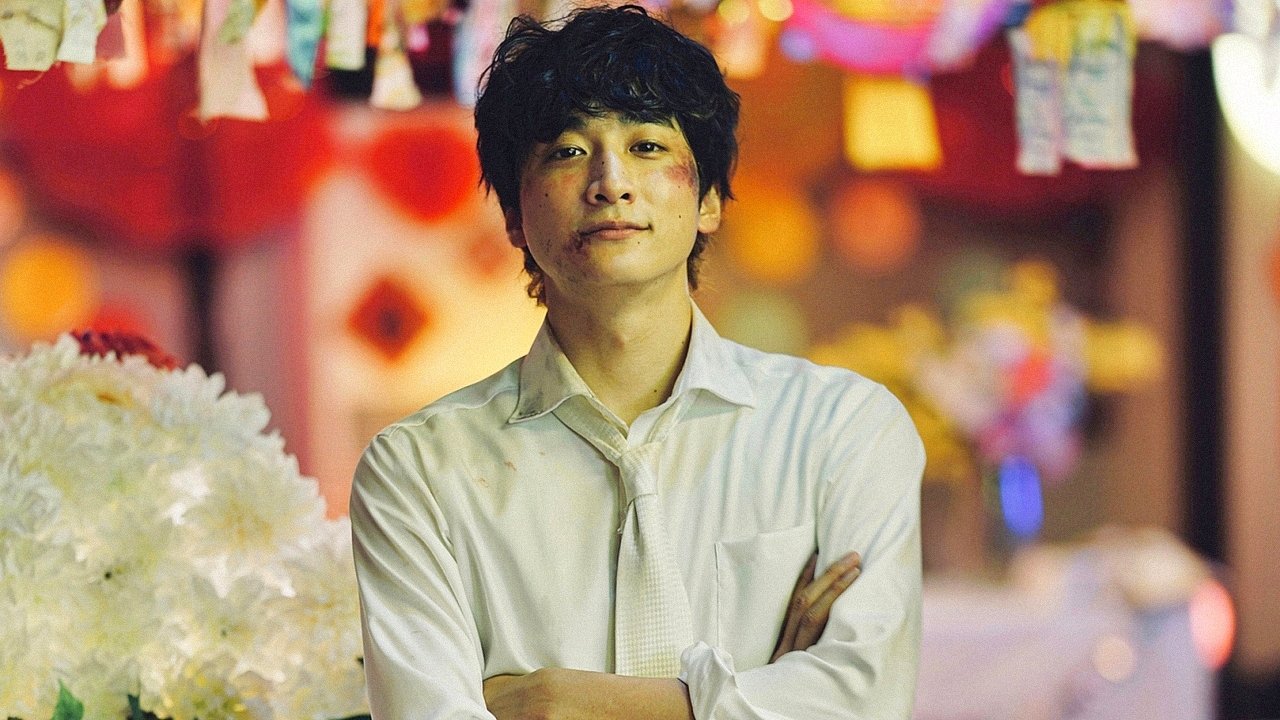
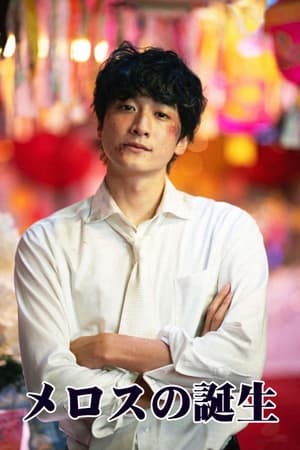
Birth of Melos(2023)
A new bold interpretation of the plot of the literary masterpiece "Running Melos", transferred to our days! A high-tension literary comedy from the popular actor Yuta Koseki and director Ryutaro Nakagawa!
Movie: Birth of Melos

メロスの誕生
HomePage
Overview
A new bold interpretation of the plot of the literary masterpiece "Running Melos", transferred to our days! A high-tension literary comedy from the popular actor Yuta Koseki and director Ryutaro Nakagawa!
Release Date
2023-01-01
Average
0
Rating:
0.0 startsTagline
Genres
Languages:
日本語Keywords
Similar Movies
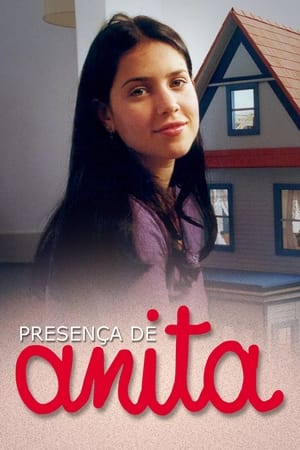 6.0
6.0Luz, Câmera, 50 Anos: Presença de Anita - O Filme(pt)
Adapted from the series aired in 2001. Looking for inspiration during the holidays, Nando sees Anita as the ideal character for his novel. She lives in a townhouse where a passionate crime happened in the past. Intense, Anita seduces Nando and awakens to
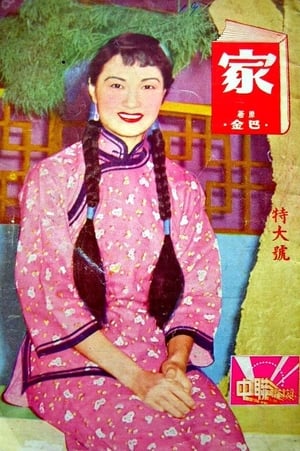 0.0
0.0Family(cn)
"Family" (1953), which launched the Union Film legacy, "Spring" (1953) and "Autumn" (1954) are adaptations of Ba Jin's highly regarded novel "Torrent Trilogy". In "Family", director Ng Wui skilfully condenses the voluminous first part of the novel into an emotionally powerful and intellectually focused story of youngsters struggling to survive oppression and repression in a feudalistic family. This well-received film quickly established the company's reputation.
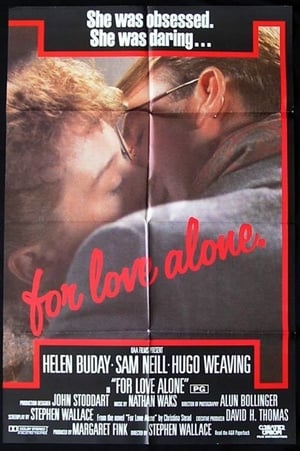 3.4
3.4For Love Alone(en)
Teresa is a spirited young girl chafing under the oppressive attitudes of 1930s society, and her father in particular. She fancies her poverty-stricken Latin tutor Johnathan Crow, without realising he merely considers her a pleasant diversion and nothing more, and eventually follows him from Sydney to London. En route she meets the gentle banker James Quick. Whilst navigating her relationships in London, including with a political poet bound for the Spanish Civil War, she experiences a transformation in her understanding of love. Based upon Christina Stead's best-selling Australian novel.
 0.0
0.0Autumn(cn)
Hak-ming heads the Ko Family, but he and his brothers, Hak-ting and Hak-on, and the second wife of the late Master Ko quarrel. Young Cousin Mui, who has tuberculosis, is forced by to marry an older woman. Kok-sun is guilty of being unable to stop the marriage. Sun and maid Chui-wan are wary of their feelings for each other due to class difference. Cousin Mui dies of illness. Hak-ting has his eyes on Wan. His wife, Wong, complains to their daughter, Shuk-ching, who cannot take it and commits suicide. Wong blames herself for her death. Undergone these tragedies, Cousin Kam's mother let Kam have a modern wedding with Kok-man. When Ming is ill, Ting and On want to sell the ancestral home. Hak-ming dies of angst. When the fifth uncle of Sun forces Wan to be his concubine, Wan tries to kill herself but is intercepted by Sun. Pressurised by people of the house over the issue of inheritance, Sun protests by declaring his love for Wan and leaves the family, with his mother, brother Man and Wan.
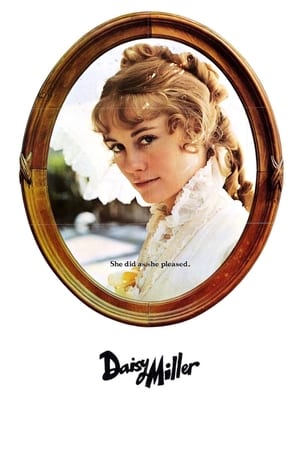 6.0
6.0Daisy Miller(en)
Despite mixed emotions, Frederick Winterbourne tries to figure out the bright and bubbly Daisy Miller, only to be helped and hindered by false judgments from their fellow friends.
Jons und Erdme(de)
Adaptation of Hermann Sudermann's novel about the troubled relationship between the strong willed Erdme and her irascible husband Jons in the Lithunian moors.
The Inspector General(zh)
Nikolai Gogol's The Inspector General is a satire play well-known around the world. In the period between the end of World War II and the 1960s, the play was adapted in Hong Kong cinema a total of six times. Director Huang Yu alone adapted it twice, as a Republic era story and a period comedy, respectively. The 1955 Republic era-set film is more faithful to its source material, following a spoiled rich brat who is mistaken as a government inspector in a small town and ends up being wined and dined by a corrupted local official. The film pokes fun at the ugliness of bureaucracy in old society, calling back to renowned Qing Dynasty novel Officialdom Unmasked while keeping the original play's artistic style.
The Tormented Beauty(cn)
Guerrilla member Ting Siu-yuen works as a playwright and Lee, the leader of an opera troupe. They conceal their identities in the troupe in order to gather military intelligence. Yuen gradually falls in love with the lead actress Mui Law-heung. Ting is unsettled to learn that County Chief Fong covets Mui. He sneaks into Fong's residence and is astounded by the sight of his old lover Pak Kuen, now Fong's wife. Fong colludes with the military chief in conducting vicious schemes. With Kuen's help, Yuen is able to get the intelligence. But as Heung is not an insider, she reports to the Governor about the illicit relationship between Yuen and Kuen. Kuen backs Yuen to eliminate the conspirators and bring about the union of Yuen and Heung.
A Lovely Girl's Lovely Dreams(cn)
Songstress Mui Yee-wah falls head over heels for painter Wai Tik-fung despite their age difference. Because Wai is a married man, Mui's mother is against the match. Mui falls ill from grief. Rich heir Siu Kar-wai seizes the chance to successfully propose to Mui. However, Siu is unable to let go of Mui's past. In a fit of anger, he fires a deadly shot at Wai.
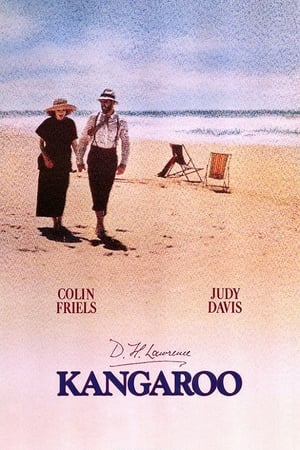 6.0
6.0Kangaroo(en)
A mild-mannered English conscientious objector moves to what he feels will be the relative calm of Australia after World War I, but gets caught in the middle of violent battles between the rising trade unions and fascist groups.
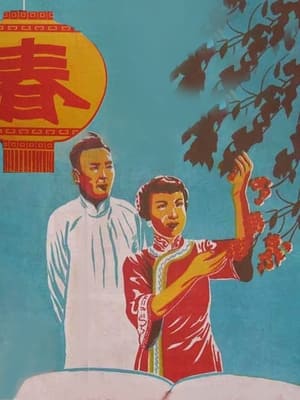 0.0
0.0Spring(cn)
Ko Suk-ying is saddened over her arranged marriage as manipulated by her father Hak-ming. Ko Kok-sun's Cousin Chow Wai's spends the Mid-Autumn Festival before her marriage with the Kos. She has been in love with Sun. Sun finds out about her love for him when she is about to be married off, he is too weak to oppose to Wai's betrothal to another man. Sun's son, Hoi-sun, falls ill. Fearing the displeasure of his elders, Sun dares not consult a western doctor. Meanwhile, another dispute arises among members of the family over the ancestral land. When accused of being incompetent in his management, Sun takes the blame silently. Wai dies of grief while Hoi-sun becomes a victim of mistreatment. Sun is devastated at this double blow. Hak-ming instructs Sun to arrange for Ying's wedding. Knowing the kind of man Ying's fiancee is, Sun is reluctant. Not wanting to follow in Wai's footsteps, Ying fights for her own rights, and backed by an enlightened Sun, she leaves for a new start.
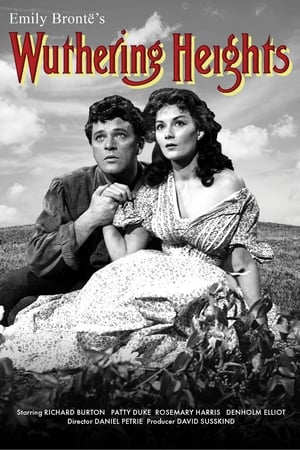 0.0
0.0Wuthering Heights(en)
Mistreated foundling Heathcliff and his stepsister Catherine fall in love, but when she marries a wealthy man, he becomes obsessed with getting revenge, even well into the next generation. [Originally aired on CBS's DuPont Show of the Month.]
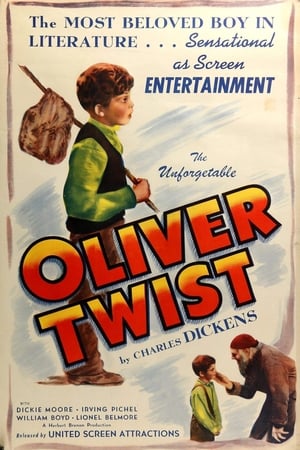 4.8
4.8Oliver Twist(en)
An orphan boy in 1830s London is abused in a workhouse, then falls into the clutches of a gang of thieves.
Torrents of Spring(cn)
Sojourning in Macau, Su Erning by chance helps Pan Meiniang resuscitate his younger brother and fends off the thug. In her admiration, Pan calls off the engagement arranged by her mother to exchange vows with Su despite having known him for only three days. To raise the money for the wedding, Su plans to sell his family yacht to the rich wife of his classmate Lu Zuhua in Hong Kong and promises to buy Pan a pearl necklace. The promiscuous Mrs Lu seduces Su on the yacht and then dumps him. 18 years later, Pan's daughter is getting married. Su prepares a wedding gift—a stolen pearl necklace—for the bride but is too ashamed to show himself.
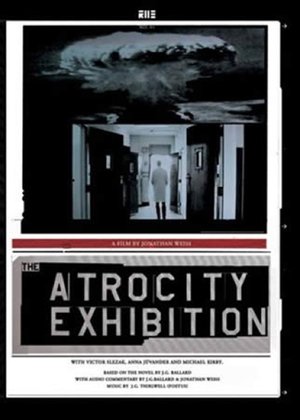 4.4
4.4The Atrocity Exhibition(en)
A doctor in a mental research institution is driven insane by the spectacle of the horrors of the twentieth century.
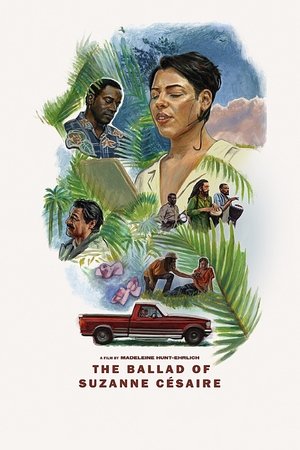 0.0
0.0The Ballad of Suzanne Césaire(en)
An actress, three months post-partum, reads through fragments of the archive of Suzanne Césaire as she prepares to perform excerpts of the writer's work.
The Girl in the Bus(cn)
Bus Money dons various disguises on public buses to protect the defenceless from the bullies and receives heroic praise. Money meets Tai Ngau, a righteous journalist, when they bear witness to the callous response of Manager Mo to the death of his servant Ah-kwai. Tai writes to redress grievances of the deceased. When visiting the family of orphans, he chances on his kindred spirit giving the eldest daughter Ah-yin a gift of gold. Money exploits the weakness of Mo and her connection with his son Sze-fu to swindle a fortune out of the lewd man for the benefits of the fatherless children. Her rage grows learning that Mo's friend Fong Hak-sang has pulled off a lucrative fraud on returned overseas Chinese and forces Ah-yin to pledge herself in paying off her father's debts. Money, who has all kinds of tricks up her sleeve, teams up with Tai and gives Mo and Fong their comeuppance before setting off on her next mission.
The Witty Bus Girl(cn)
Industrialist Tam Kar-cheung knowingly puts the lives of his workers at risk so as to line his pocket with insurance payments. The chivalrous Bus Money gets into fisticuffs with Tam's chauffeur, Tam Biu, who bears a grudge against the assailant. When Money catches wind of Kar-cheung's vicious plot to set fire to a squatter area to clear the path for a property development project, she moves in and watches vigilantly for signs of arson. Soon, she saves Ah-hau, Biu's girlfriend and a young victim of drug rape, from her suicidal attempt by drowning. Money pursues fragments of clues which lead her to the victim's boss, Taipan Cheung who sucks up to his master Kar-cheung by drawing his prey to her trap. Money then organises squatter residences into fire brigade to guard against arson attacks and exposes Kar-cheung's evil. Realising he has been exploited for his blind loyalty, Biu teams up with Money to dispense justice.
Human Relationships(cn)
Lee Sun-fung is renowned for adapting literary classics for the silver screen. To commemorate the seventh anniversary of the Union Film Enterprise known for producing quality films and co-founded by Lee, Human Relationships is adapted from writer Ba Jin's novel into film. The Yiu family moves into a manor. Mrs Yiu, while frustrated by the way her step-son is spoiled by her husband and mother-in-law, develops a friendship with a kid (Michael Lai) who steals flowers from the mansion's garden. She later learns that he is the son of the place's former owner whose downfall at middle age is the result of being spoiled when young. Lai was only a child but gained a foothold among seasoned veterans like Cheung Wood-yau, Ng Cho-fan and Pak Yin.
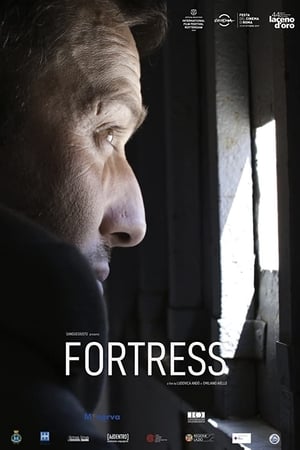 4.5
4.5Fortress(it)
Filmed entirely inside Civitavecchia prison, with the inmates themselves as protagonists and co-authors, Fortezza is the reinterpretation of one of the most important novels of the 1900s: The Tartar Steppe by Dino Buzzati. Three soldiers arrive at a solitary military garrison which no longer serves any defensive function. Here, time is at a standstill and is marked by strict regulations, power dynamics, engrained idleness and habit. Waiting in vain for an enemy that will not arrive, the military officers are consumed by the need to give their stay meaning, and resist the attraction that this place holds for them.




